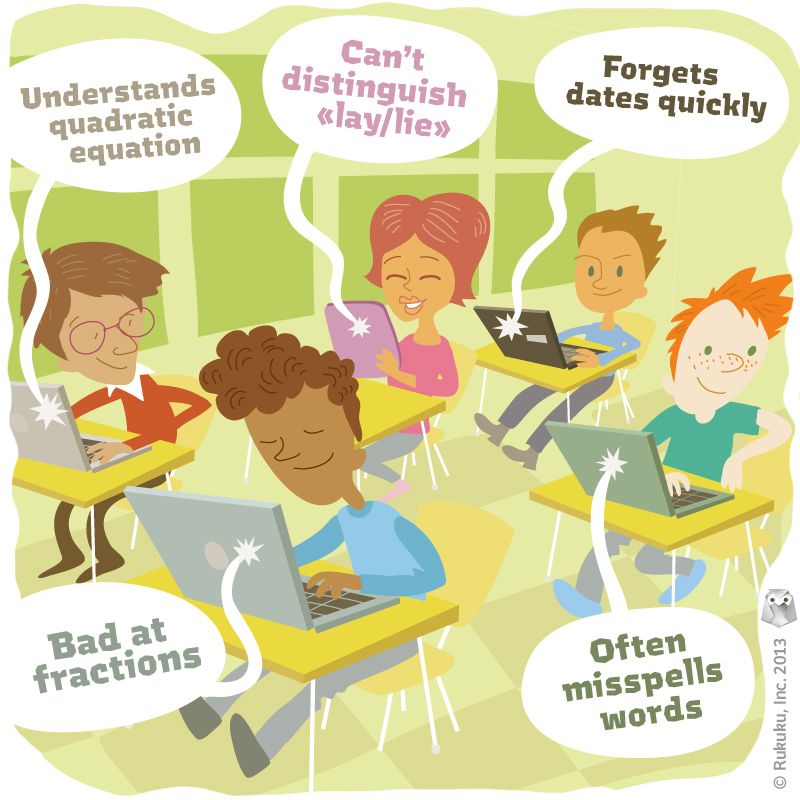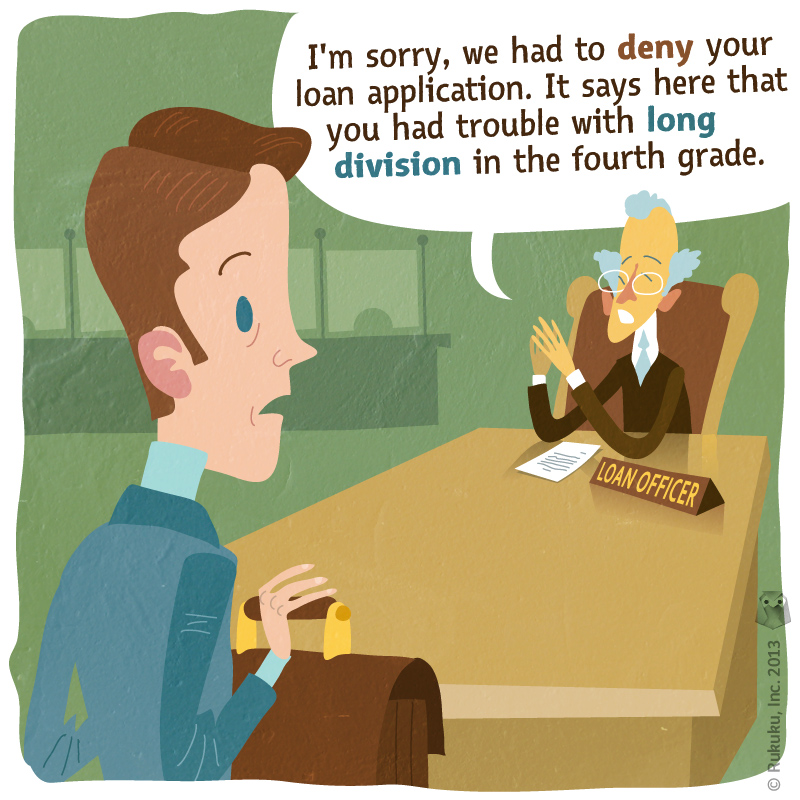Part 1: Personalize it.
Imagine this. Students fill a classroom, each one sitting at his or her desk with a tablet or small laptop, working away at the particular topic of the hour, whether it be mathematics or history. The computer gauges each of the student’s responses, recording their performance and re-calibrating the lesson to focus on the student’s weak points. The teacher walks around, monitoring progress, identifying difficult topics, answering questions.
A few students smile, enjoying the game-like qualities of the educational programs, more fun than the lectures and quizzes of past classes. Everyone wins. The students have more fun while working at their own pace, and teachers still serve in essential roles. With all that winning, why does that image make me uncomfortable then?

Technology allows teachers to better understand the individualized needs of their students.
Much of the excitement surrounding technology and education centers on accessibility. Students in rural India can now take classes from Harvard professors by simply saving enough money for a few hours a week in an internet café. That is exciting stuff, and at Rukuku, we hope to further facilitate the opening of new educational channels around the globe. At the other end of the spectrum, though, technology is creating new opportunities to understand the specific strengths, weaknesses, and educational needs of individual students. In other words, technology is not only making education more global, but more personal as well.
The value of this should be clear for any student that’s gotten hung up on one aspect of the lesson and fallen behind on the rest of the material as a result. That value should also be clear to any student that’s daydreamed away a class period while the teacher reviewed and rehashed old material for the sake of a few students that are still struggling to understand.
Picturing it, though, is a little discomforting. I see a room full of kids absorbed in their computer screens in the same way many kids are absorbed in computer or TV screens once they get home. Automated programs sit on the other side of those screens, rather than real people. Teachers serve as facilitators and tutors, not as the foci of attention. Few educators are fully comfortable with that picture either, and most pilot programs utilizing such technology limit daily use and offer that information to help teachers in their traditional classrooms as well.
To me, using computers and limiting computer use are both great ideas, but it will be difficult to maintain the proper balance, especially if it turns out that letting the students work on the computer a little longer might be a little lighter on the teachers’ work load and a little better for the test scores. I know, I know. All the teachers reading this are gasping. I used to be a teacher, though, and I know the pleasure of making it a video day now and then. And yes, we still used videos when I was teaching. It was not that long ago.
The point is, these computer programmers are smart. And they will eventually figure out how to consistently make test scores higher through these programs, even if it takes five or ten years. Does that mean students should be interacting with automated computer programs all day? Some of time, yes. All of the time, no. Reaching the right balance will be the challenge.
I work for a tech company and obviously see computer screens as potentially positive in many, many aspects of education and of life. At Rukuku, we are trying to connect people all over the world to fully develop that potential. At the same time, the social aspect is an important element in education, especially for children. We do our best to maintain that aspect by using old-fashioned data collectors, also known as teachers, while still taking advantage of technology to expand the reach of those teachers.
Individualized student data can and should be an important tool for teachers, and we are always exploring ways in which we can offer more highly personalized options for our users. At the end of the day, though, nothing replaces the personal interactions that students have with their teachers and each other, even if those interactions take place across electronic networks stretching from Silicon Valley to Himalayan mountaintops.



